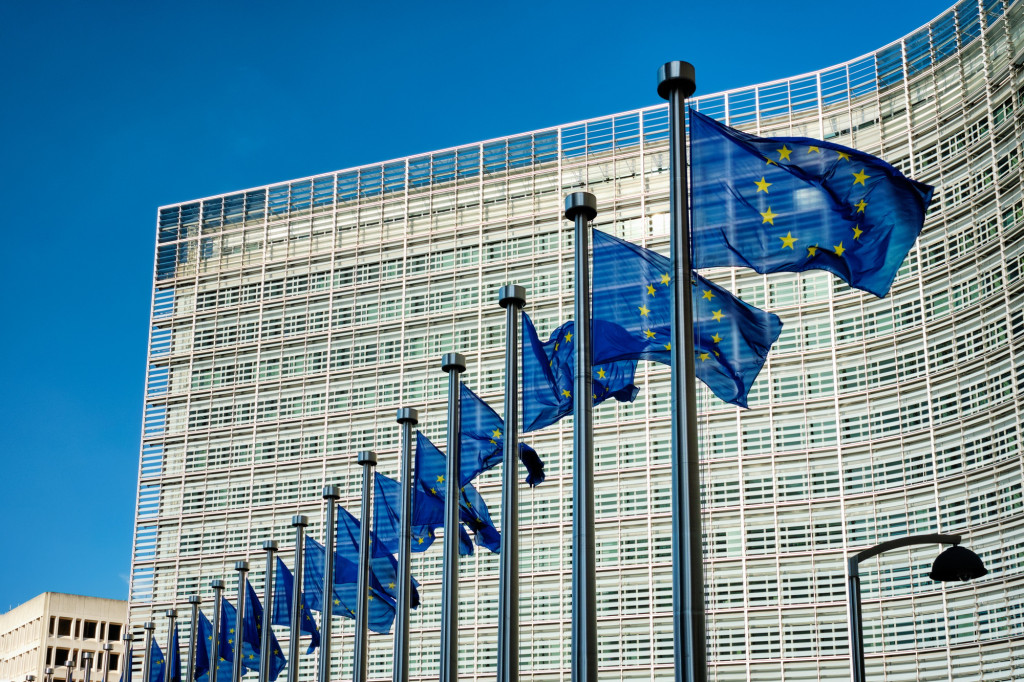Brussels rebukes US over claims of EU censorship
The European Commission has dismissed US accusations that its digital laws amount to censorship, calling the claims ‘nonsense’ and ‘completely unfounded.’ In response to a planned US congressional hearing criticising the EU’s Digital Services Act, Commission spokesperson Thomas Regnier defended the law, highlighting that it has helped EU users overturn millions of unjustified content removals on platforms like Meta and TikTok. He stressed that the DSA strengthens – not restricts – freedom of expression online.

The European Commission has firmly rejected US accusations that its digital regulations amount to censorship, calling the claims ‘nonsense’ and emphasising that EU laws in fact empower users to challenge content moderation decisions.
The rebuke follows an announcement from the US House of Representatives of an upcoming hearing titled ‘Europe’s threat to American speech and innovation,‘ which targets the EU’s Digital Services Act (DSA) and Digital Markets Act. These laws are key elements of the EU’s digital rulebook, aiming to regulate online platforms and ensure fairer digital markets.
Speaking to reporters in Brussels, Commission spokesperson Thomas Regnier strongly denied that the EU’s laws suppress free expression. He pointed to the DSA as enhancing user rights by making it easier for individuals to contest content takedowns on major platforms like Meta (Facebook, Instagram) and TikTok. According to Regnier, over 16 million takedown decisions were challenged by EU users in the second half of 2024 – 35% of which were found to be unjustified and subsequently overturned.
‘This is possible because the DSA provides a clear, enforceable mechanism for users to push back,’ Regnier said, underlining the law’s role in protecting, not silencing – online voices.
The hearing, set for next Wednesday, includes far-right UK politician and former MEP Nigel Farage as a witness. Former EU Commissioner Thierry Breton was also invited but cannot testify without the Commission’s approval. Regnier confirmed that Breton, bound by professional secrecy rules, would require official clearance and noted that current Commissioner Henna Virkkunen was not invited.
In closing remarks, the Commission spokesperson urged both sides of the Atlantic to focus on genuine online harms such as child safety and digital extremism, rather than ‘unfounded’ political narratives.


